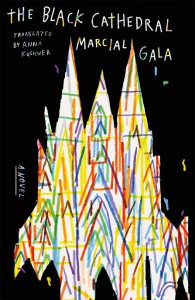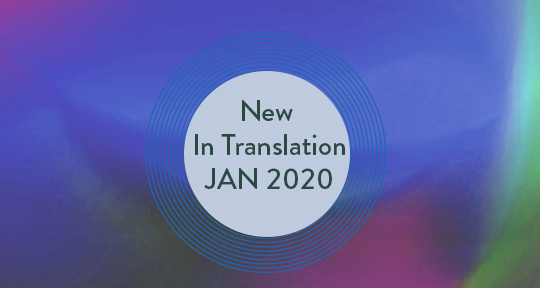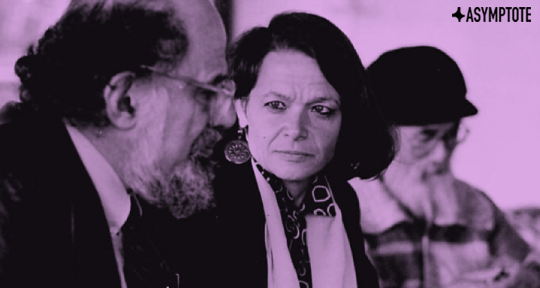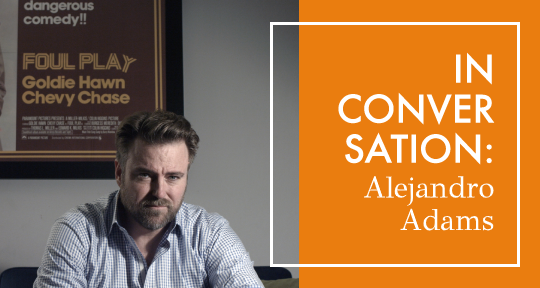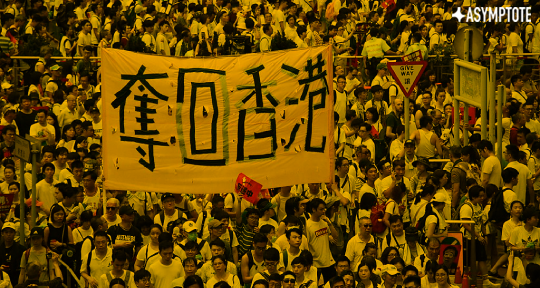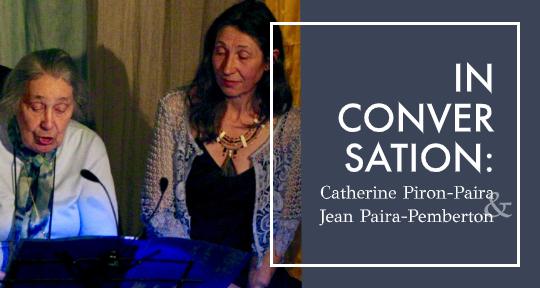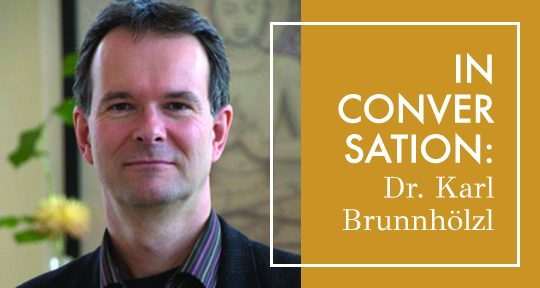The recognition of Japanese poetry is too often superficially doomed to the annals of tradition—and it’s understandable: what satisfies the Western fascination with the land of zen better than a haiku? But for those of us in search for something wilder, one only has to look back a few decades. Maddened and dazed, when the Beats exploded onto the global arts and literature scene, a new, ecstatic, insurrectionary poetry redefined the text, and poets from across the Pacific responded. Now, below is your crash course on the multitudinous and creatively proliferating intersection between Japan and Beat Poetry, by an expert at the scene of the beautiful crime, Taylor Mignon (with editorial assistance from translator and poet Jordan A. Y. Smith and Simon Scott).
This essay was originally published as the introduction to Tokyo Poetry Journal 5: Japan and the Beats.
It is the early 1990s, past midnight, and I am on a couch in a house in Yoyogi. The doorbell rings, and there’s knocking at the door. Shrugging off my slight inebriation, I scamper down the stairs to find cops who are enquiring about the loud TV, as the host had passed out, sound still blaring. I explain that the owner of the house made the disturbance, turn down the volume, and the cops leave.
The passed-out proprietor is Nishida Shunji, publisher of The Plaza: A Space for Global Human Relations, a bilingual journal of poetry, art, and prose. This was sometime after I had answered an ad in The Japan Times calling for a rewriter for Hitachi Review, a journal of technical articles written by Japanese engineers. With little idea of what I was rewriting, that production led us to what we really wanted to do, which was edit The Plaza. Mr. Nishida—a brilliant character, who liked to be called Leo—was a disheveled Japanese gentleman who could play a mean game of chess, liked to cycle, and often went around with his fly (social window) open. The connections made here at this job contributed to facilitating the meeting of several heavyweight Objectivist, Beat, and avant-garde poets.
One of the submitters to The Plaza was poet and editor Sherry Reniker, who had a knack for writing colorful correspondence and an experimental edge. At around that time, she was editing broadsides for the imprint published by Karl Young from Wisconsin, Light and Dust Books, whose authors included Morgan Gibson and a number of Japanese visual poets. Through her generous lead, I would correspond and eventually meet both Morgan and Objectivist poet Cid Corman, the latter based in Kyoto and the poet who first published Gary Snyder (Riprap, 1959) through his Origin press. (Cid told me he had met William Burroughs at the Beat Hotel in Paris, at about the same time he was putting Naked Lunch together, and thought that he was very disarming and quite approachable, not at all acting in a manner of affected notoriety as one could expect from someone of Burroughs’ reputation.) The Plaza would prove to be fertile ground to publish the koan-like poetry of Morgan, the nature poetry of Antler (who goes by that name only), Jeff Poniewaz, and Sherry and Cid, much with a Beat bent. READ MORE…
